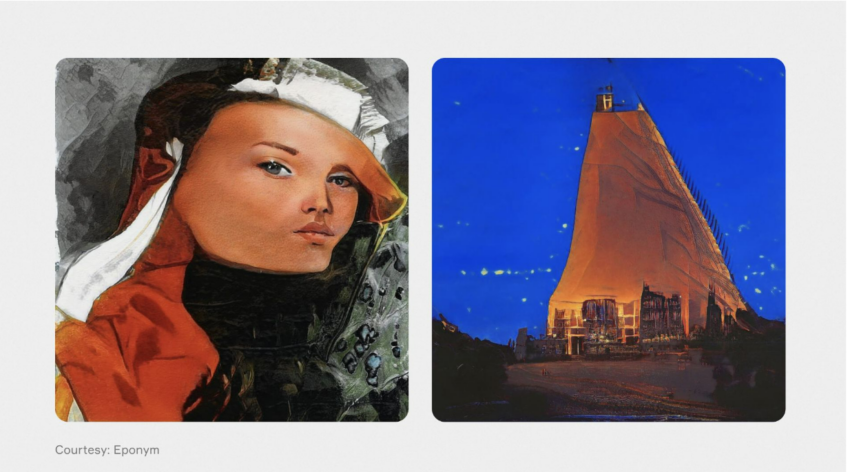Matrix and John Wick star Keanu Reeves said in an interview that crypto would come out stronger despite facing regulatory and macroeconomic headwinds.
Reeves, who played the protagonist Neo in one of the earliest movie franchises to foreshadow the metaverse, the Matrix, lauded the principles behind cryptocurrencies and said they are “amazing tools for exchanges and distribution of resources.”
Keanu Reeves Lauds Crypto’s Resilience, Warns of Corporate Agendas
After joking that Bitcoin’s idea came from a John Wick movie, Reeves said crypto’s challenges would only improve its resiliency.
“So to pooh-pooh crypto, or the volatility of cryptocurrency, it’s only going to make it better in terms of how it’s safeguarded,” he said.
Famous for fighting man-made machines in The Matrix, Reeves argued that a corporate agenda drives replacing creatives with computers.
“We’re listening to music already that’s made by AI in the style of Nirvana, there’s $NFT digital art…But there’s a corporatocracy behind it that’s looking to control those things,” he observed.
Reeves starred in one of the first films to explore a persistent online world, The Matrix. The film depicts a dystopia where machines have plugged humanity into a 1999 version of earth in 2199. In the film, Reeves’ Neo leads a rebellion against machines that took over the planet in the 22nd century.
Perhaps fittingly, then, he is also an adviser to an initiative aimed at diversifying the metaverse. The initiative, called the Futureverse Foundation, aims to give a voice to “underrepresented creatives” in the virtual and physical worlds.
AI-Generative Tools Can Reinforce Biases in the Metaverse
While AI-generated $NFT collections are slowly gaining steam, with artwork created by a robot artist selling for more than $ 1 million last year, and new text-to-art projects Eponym creating collections that sell out within one hour on OpenSea, researchers have discovered that the technology is not without its limitations.
Because generative art tools often rely on parsing data from thousands of other artworks to create a one-of-a-kind piece based on a textual query, they can create images that reinforce negative societal stereotypes.

For example, AI image generators output images of what researchers call a “white ideal” when a user inputs attractive. The result is an image of a person with blue eyes, pale skin, or straight hair.
A request for the rendition of a terrorist generates images of brown faces with darker hair.
Users can bypass efforts researchers from companies like OpenAI, the creators of ChatGPT, make to prevent reinforcing racial stereotypes.
Furthermore, Eponym is investigating the ability to create 3D avatars for metaverse exploration based on its image-generation tool. This level of AI generation means that it is theoretically possible to reinforce stereotypes in virtual worlds.
So while regulators haggle over crypto regulation in the real world, new rules for the metaverse may soon be necessary.
For Be[In]Crypto’s latest Bitcoin (BTC) analysis, click here.
 beincrypto.com
beincrypto.com
